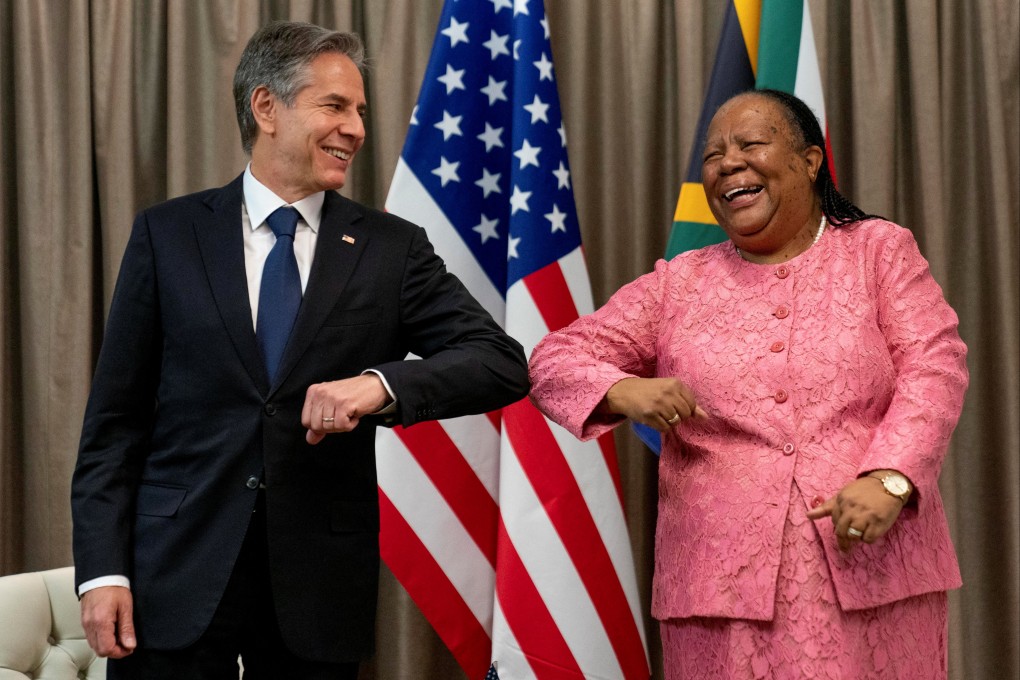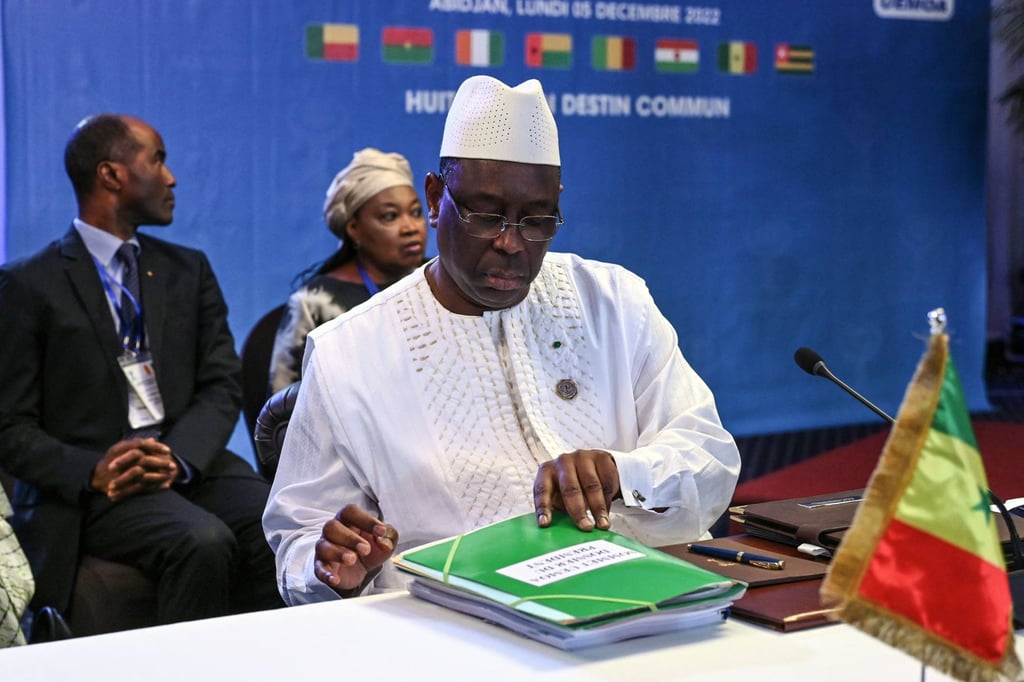Advertisement
At first US-Africa summit in years, China and its inroads on the continent expected to cast long shadow
- While Washington’s engagement with the continent fell silent, Beijing steadily expanded its economic investment and bilateral trade, analysts say
- Summit gathering 49 government leaders and African Union Commission follows recent US push for greater Africa stature
Reading Time:4 minutes
Why you can trust SCMP
19

While China is not officially on the agenda of next week’s US-Africa Leaders Summit in Washington, its presence will cast a long shadow over the proceedings, analysts say.
Advertisement
In a demonstration of the Biden administration’s renewed commitment to the continent, the three-day event held from December 13 to 15 will bring together leaders from 49 governments and the African Union Commission as well as civil society, businesspeople, young leaders and members of the continent’s diaspora. The summit last took place during the Obama administration in 2014.
It follows the publication in August of the US strategy towards sub-Saharan Africa, which asserted that the region’s “governments, institutions, and people will play a critical role in solving global challenges”.
Advertisement
The document warned that China viewed Africa as “an important arena to challenge the rules-based international order, advance its own narrow commercial and geopolitical interests, undermine transparency and openness, and weaken US relations with African peoples and governments”.

In October, the Biden administration in its National Security Strategy named China the US’ “most consequential geopolitical challenge”.

Advertisement